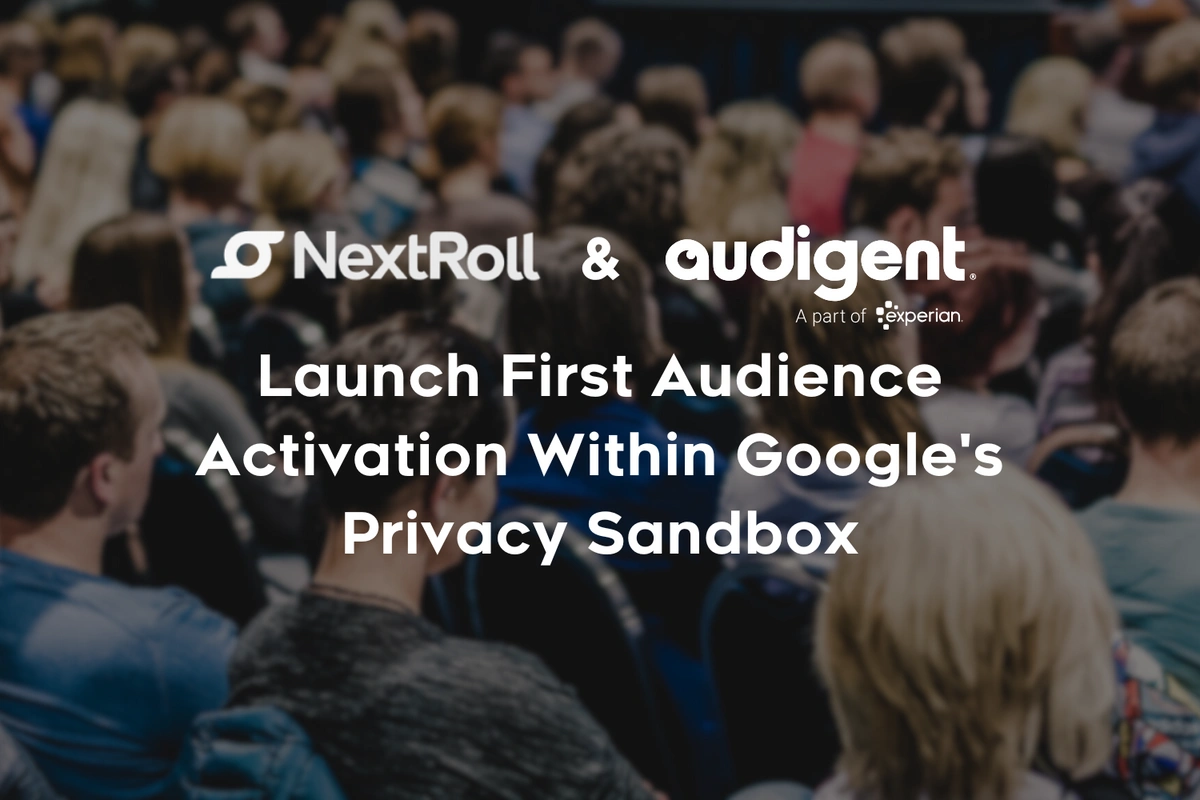


Last week, NextRoll and Audigent announced a major breakthrough within Google Privacy Sandbox with the activation of Audigent Interest Groups on the AdRoll DSP.
As the availability of third-party cookies on Chrome continues to evolve, this first-of-its-kind collaboration between NextRoll and Audigent unlocks an exciting new use case for Google's Protected Audience API (PAAPI). Now, Interest Groups can be created using DMP data and activated on DSPs, enabling a privacy-forward audience solution in Chrome that is not reliant on third-party cookies.
"We are committed to protecting user privacy while helping brands maintain advertising performance, and the solutions we've built within Privacy Sandbox will allow advertisers to retain upper funnel and retargeting tactics while keeping privacy intact," said Roli Saxena, chief executive officer of NextRoll. "Our hope is that this breakthrough use case encourages industry participants to collaborate and test so we can continue to improve the utility of the Privacy Sandbox APIs."
The initial test involved NextRoll connecting more than one billion browsers to an Interest Group across Audigent's network of publisher websites. NextRoll then ran a two-week campaign targeting the Interest Group across Privacy Sandbox inventory, delivering nearly five million impressions across 42,000 domains. This test enabled both companies to better understand the technical workflows and system requirements needed to support Interest Group creation and activation at greater scale.
"Audigent is a leader in audience aggregation and segmentation, delivering both at scale to advertisers. With Google representing such a foundational part of the industry, understanding how to activate within PAAPI is a priority," said Jake Abraham, chief commercial officer, Audigent. "Our work with NextRoll has shown we can deliver scale when targeting with Interest Groups, and marks a positive step forward for the viability of this approach."
